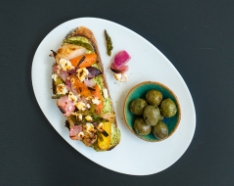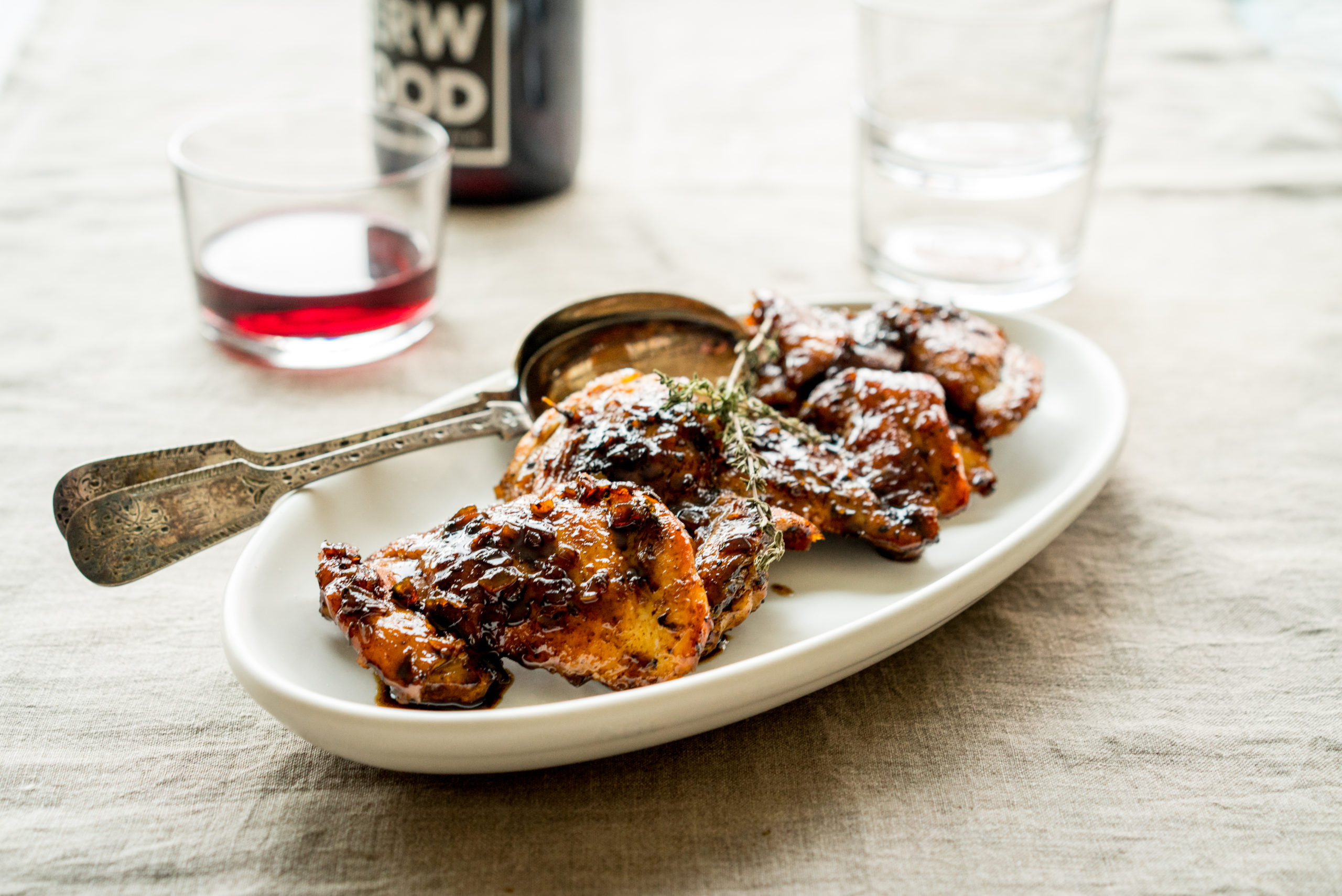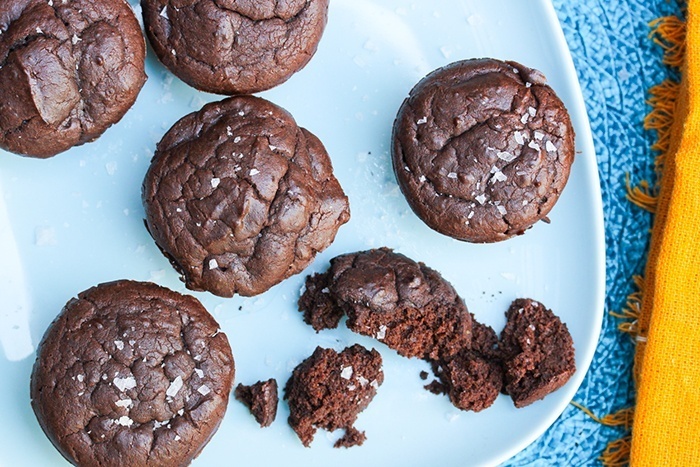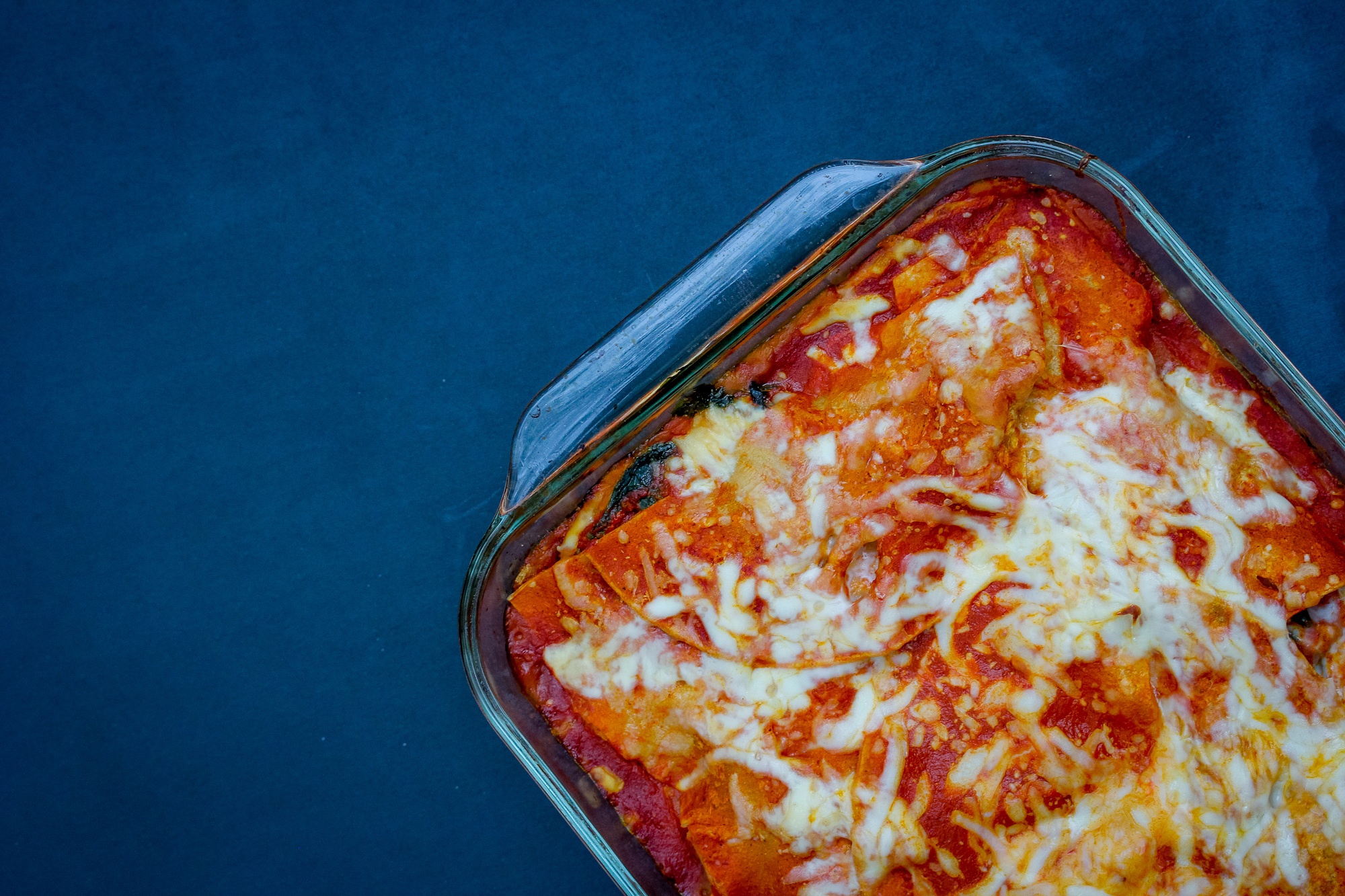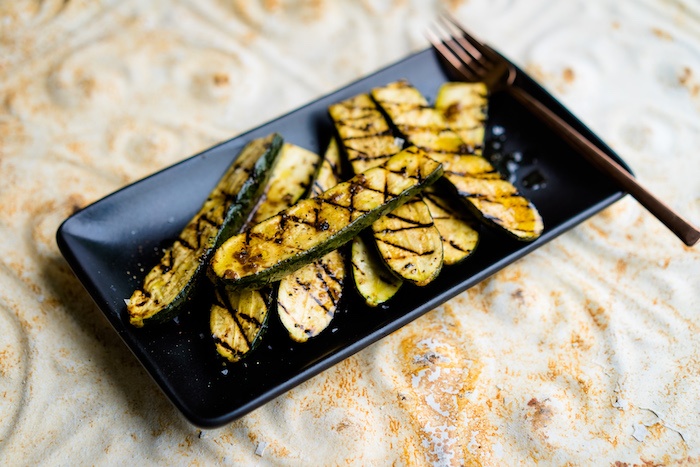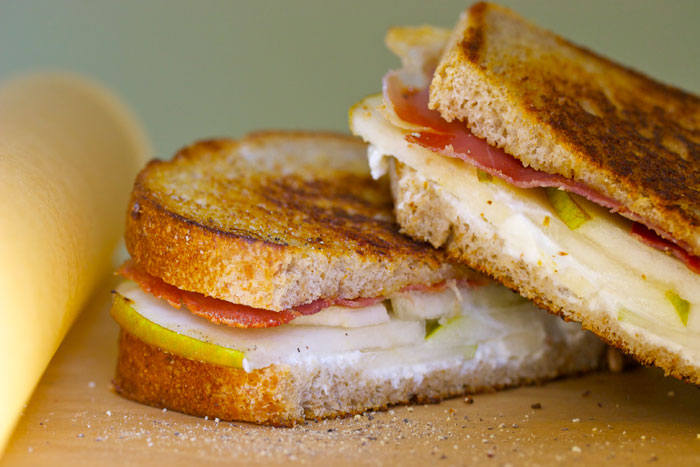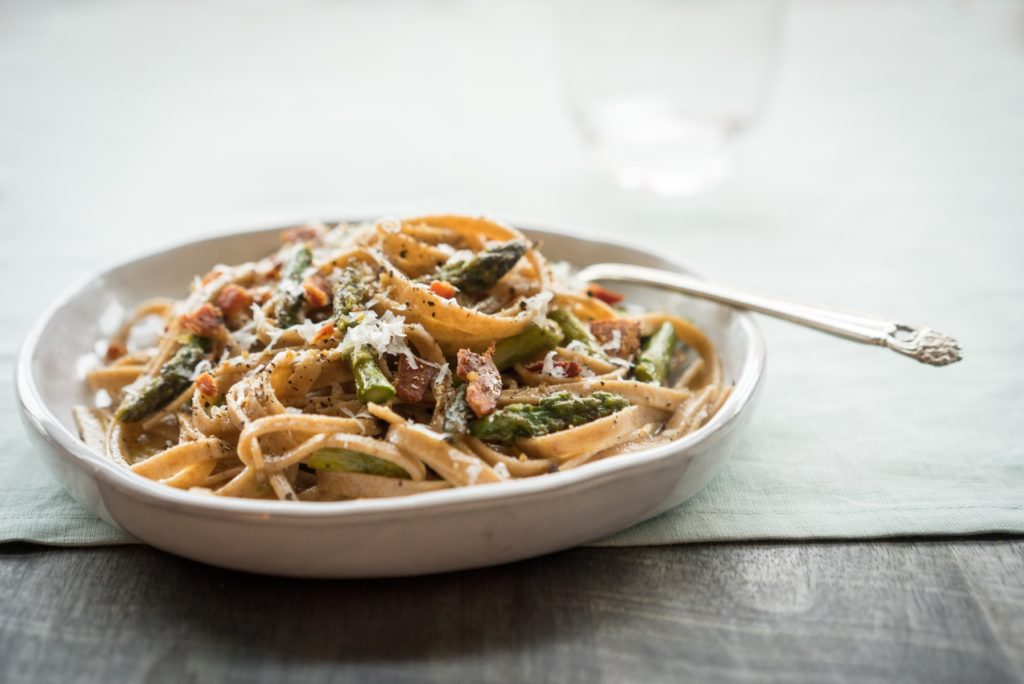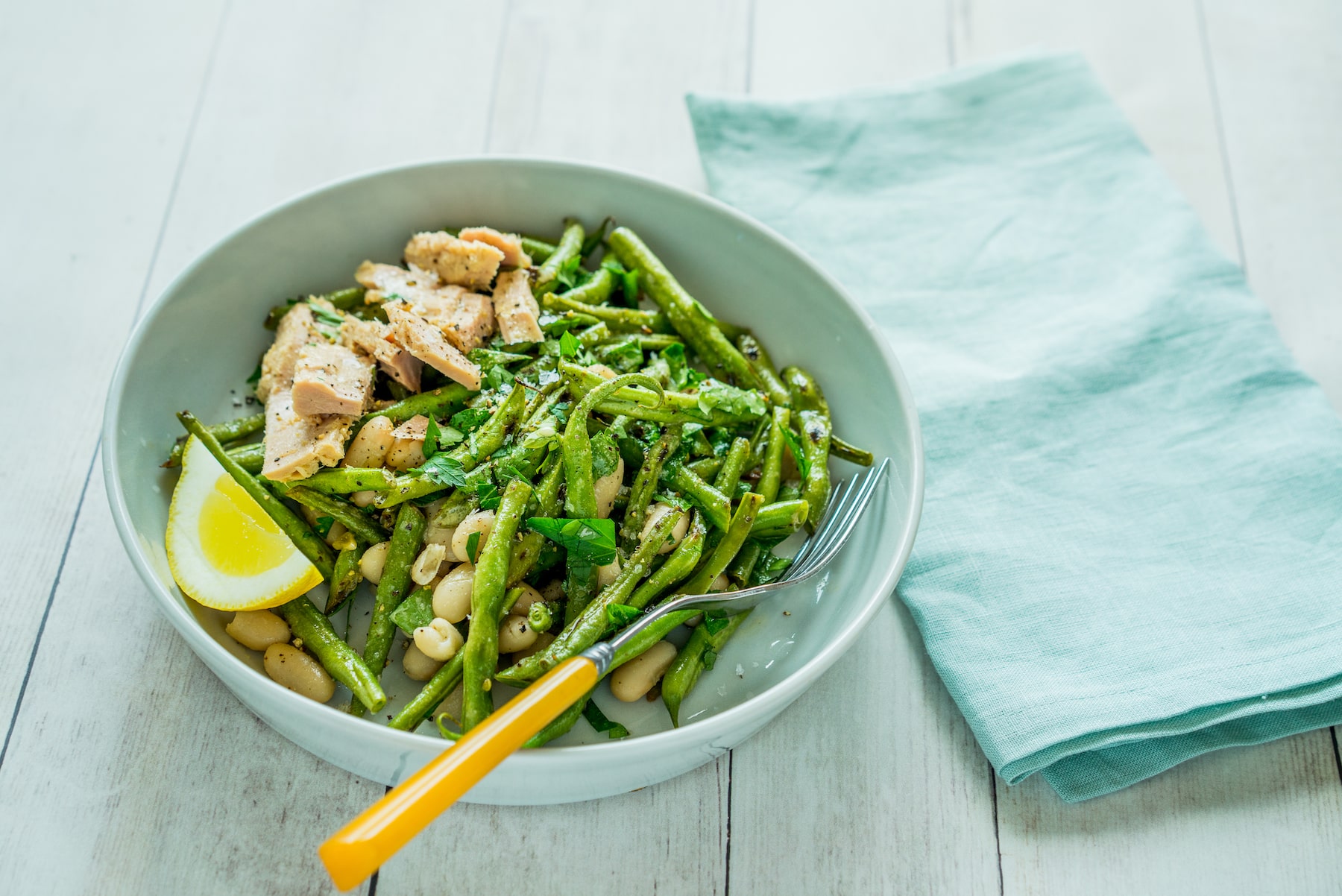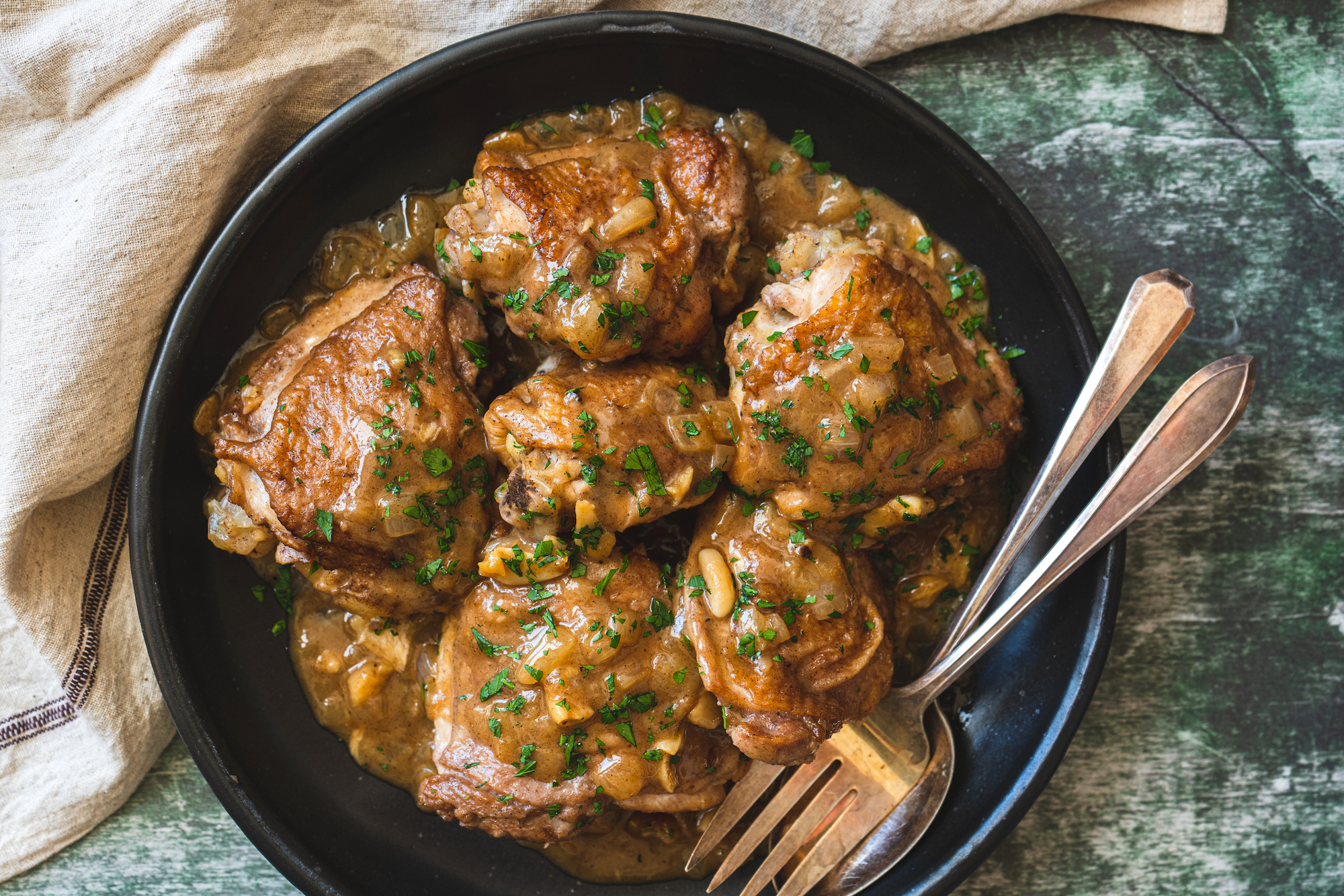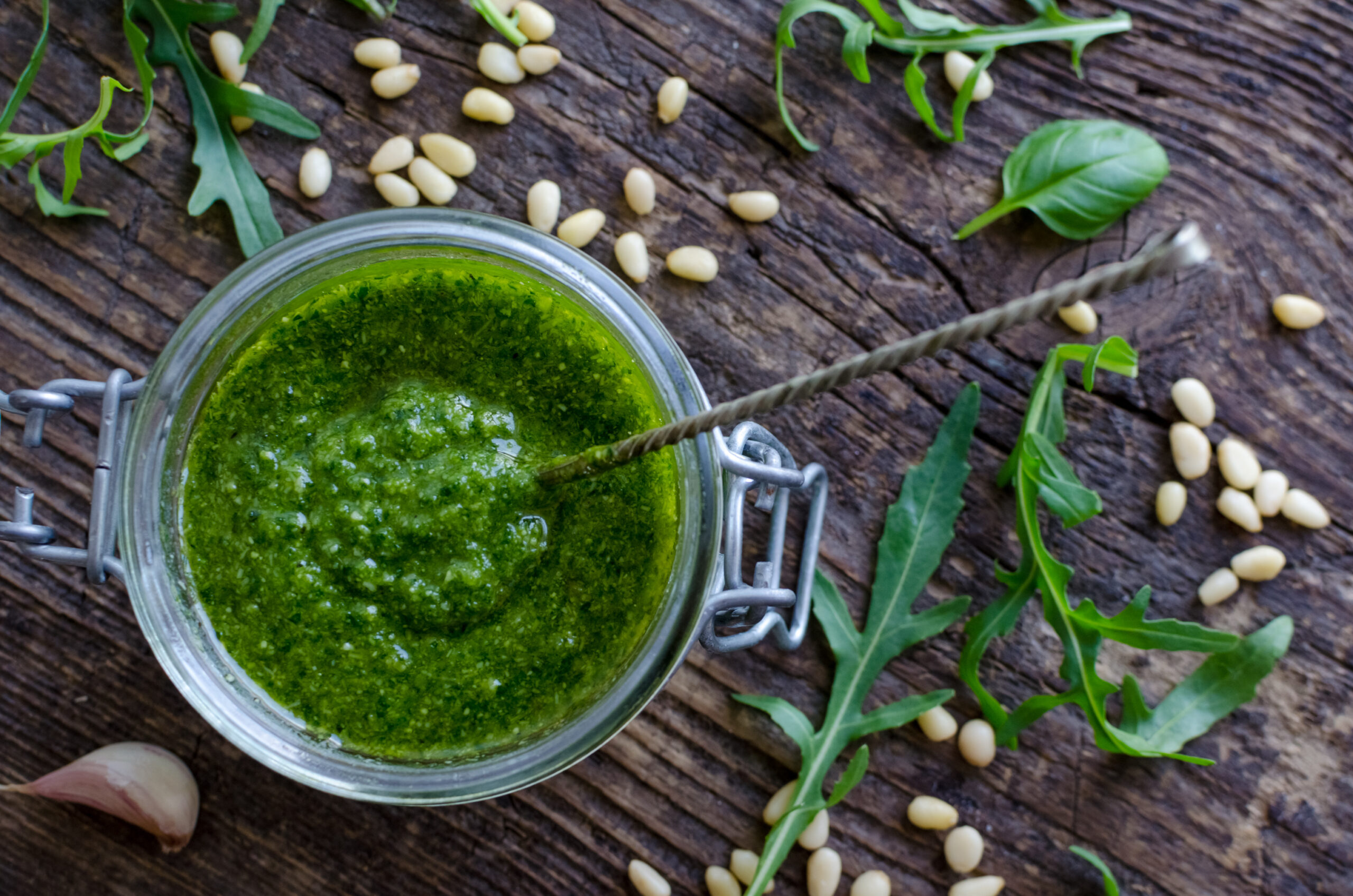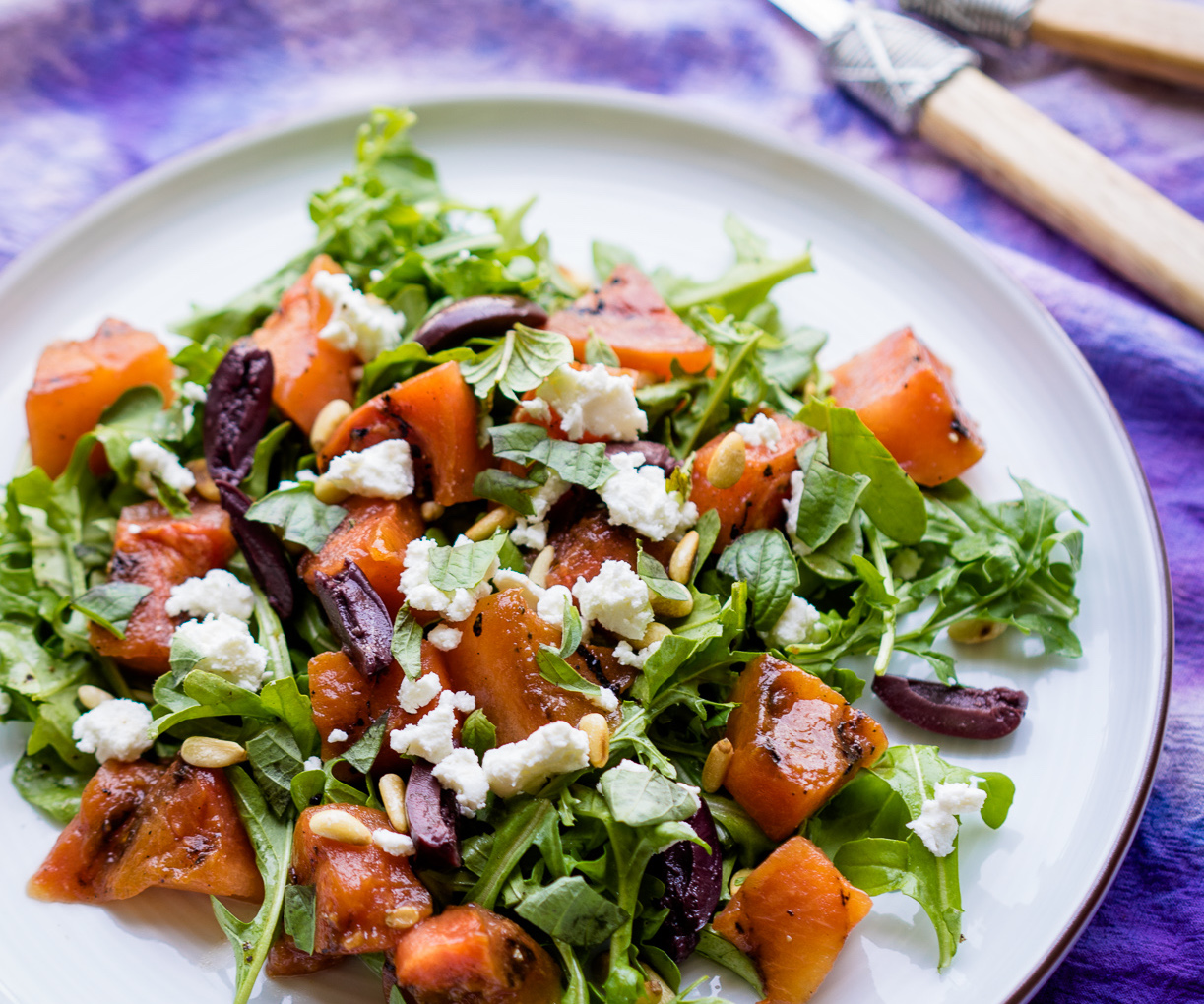By Kurt Michael Friese
Among the many unique aspects of living in Iowa is our first-in-the-nation caucus system. Three years ago this week, on an outing with other campaign volunteers to plant trees for Earth Day, I had the honor of meeting a skinny, unknown, African-American, freshman senator from Illinois who had the audacity to believe he could be elected president. I had about three minutes to determine firsthand whether I wanted him to succeed.
So I asked him why, despite Iowa being an “agricultural state,” none of the candidates on either side were talking about agriculture. He told me he expected they would be, but that he preferred to talk about food and health. He then quoted chapter and verse from the previous weekend’s New York Times Sunday Magazine feature by Michael Pollan, author of The Omnivore’s Dilemma.
OK, I liked this guy.
When Barack Obama won the Iowa Caucuses and the White House, I had high hopes that our agricultural system would change overnight. Then he appointed Iowa’s former governor, Tom Vilsack, to head the U.S. Department of Agriculture, and my heart sank. Vilsack’s an OK guy, but he always had a politician’s tendency to ride the fence, and any time he did something helpful for sustainable agriculture, he did two more things for Monsanto or Tyson.
Then Vilsack appointed Kathleen Merrigan as deputy secretary, and hope sprouted once again. Merrigan helped develop USDA's organic labeling rules while head of the Agricultural Marketing Service from 1999-2001, and later ran the Tufts University Agriculture, Food and Environment Program that gave rise to the Community Food Security Coalition.
A recent San Francisco Chronicle article reports how Merrigan, speaking on behalf of the Obama Administration, “outlined a broad array of efforts to elevate organic and local farming to a prominence never seen before at the sprawling U.S. Department of Agriculture.”
After roughly six decades of being the U.S. Department of Agribusiness, Merrigan is trying to put the “culture” back in the department. Her goals include stricter enforcement of the USDA organic label, more support for the Know Your Farmer, Know Your Food program to connect local farmers with consumers, and improving access to fresh, healthy food in so-called “food deserts.” These goals may sound like dinner table talk for some circles, but they’re a radical departure from the past and a gutsy move on Merrigan’s part. As the Chronicle put it, “Big growers were not thrilled.”
While a few decades late and far from a panacea, the USDA’s apparent epiphany is welcome news for those who care about real food. I believe a few useful next steps might be:
- Capping the subsidy system, both in terms of amounts doled out and who gets them. Today 75% of the subsidies in the U.S. go to the largest 10% of farms. In Texas, the No. 1 state in receiving federal subsidies, 72% of farms do not receive government subsidies at all.
- Refocusing on healthy food and land stewardship. Today the crop that receives the most subsidies is corn/feed grain; more than twice any other crop. This has created an overabundance of cheap corn and contributed to skyrocketing high fructose corn syrup consumption (along with early onset diabetes and childhood obesity). It’s also why ground- and water-polluting CAFOs (concentrated animal feeding operations) can afford to stay in business.
- Moving the school lunch program out of the auspices of the USDA and into a joint program of the Department of Education and Health and Human Services. I believe this program should be administered by people who are inclined put the health and well-being of children before the interests of agribusiness giants.
While we’re at it, there are always a few cabinet shuffles around the presidential midterm. Why not elevate Ms. Merrigan to Mr. Vilsack’s job? We can always hope.

